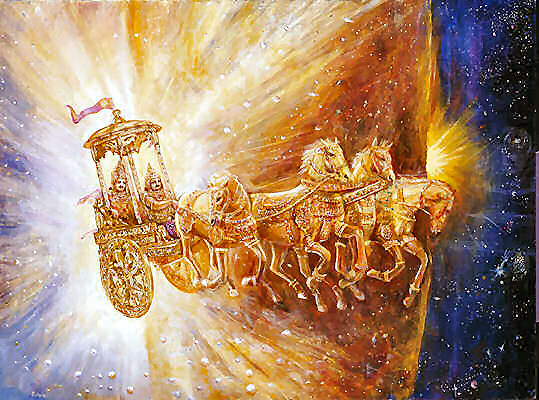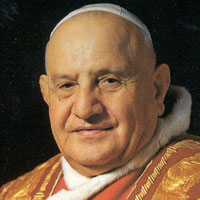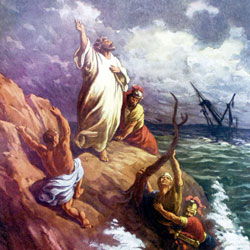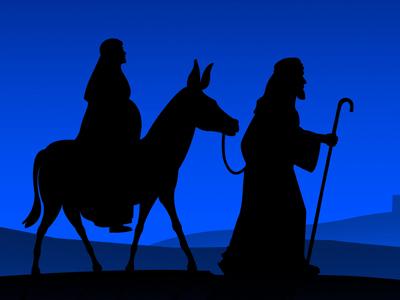During my Evangelium presentation on Monday, I spent only half my time presenting two alternate versions of a “Catholic lifetime reading plan.” (I’ll post them here tomorrow.)
The rest of my presentation was spent extolling the virtues of fiction, and novels in particular. A good novel, I’d argue, reveals ‘hidden truths’ about ourselves and the world. Novels can engage in a sort of hyper-realism, which is both real and unreal. The novelist can imagine the perfect set up of characters and dilemmas, which may never occur in the real world, but which reveals a reality that we can all recognise: truths which resonate, but which are somewhat obscured in real life. The best fiction is every bit as formative and educational as non-fiction.
I think Graham Greene illustrates this perfectly. By way of example, we can consider some non-fiction first. Poetical non-fiction, certainly, but non-fiction nonetheless. Here’s an extract from Chesterton’s famous essay on orthodoxy:
People have fallen into a foolish habit of speaking of orthodoxy as something heavy, humdrum, and safe. There never was anything so perilous or so exciting as orthodoxy.
The Church in its early days went fierce and fast with any warhorse; yet it is utterly unhistoric to say that she merely went mad along one idea, like a vulgar fanaticism. She swerved to left and right, so exactly as to avoid enormous obstacles . . .
It is always simple to fall; there are an infinity of angles at which one falls, only one at which one stands. To have fallen into any one of the fads from Gnosticism to Christian Science would indeed have been obvious and tame.
But to have avoided them all has been one whirling adventure; and in my vision the heavenly chariot flies thundering through the ages, the dull heresies sprawling and prostrate, the wild truth reeling but erect.
Chesterton calls on the development of Christian doctrine to illustrate his claim that orthodoxy is a “thrilling romance,” and a “whirling adventure.” But the drama and complexity of Catholic doctrine, as it is lived in individual lives, is more beautifully illustrated in Graham Greene’s so-called “Catholic novels.” Greene explores “the dangerous edge of things” — the dramatic tension which arises when humanity’s freedom to reject God meets God’s infinite love and mercy. Greene is able to concoct dramatic thrillers from the ingredients of Christian orthodoxy.
Fr John McDaniels shows how in the latest issue of The Priest, which is the journal of the Australian Confraternity of Catholic Clergy. The Priest is a subscriber-only journal, although articles are freely available online twelve months after publication. In this instance, as editor I’m making an executive call to make this article available now. It is, after all, an extract from a paper Fr McDaniels delivered many years ago. It makes engaging and entertaining reading, and I’m sure it will compel many readers to acquaint — or reacquaint — themselves with Greene.
Enjoy! Download graham-greene.pdf or read online:






Thank you for this post, Fr John. A good novel by a Catholic author is my favourite thing – at the mo I’m re-reading Piers Paul Read’s novels which I think are brilliant. I was also privileged to hear Fr McDaniels give his critique on Graham Greene and everything he said resonated with me.
I think Greene often drove into the ditches, off the straight and narrow in his novels and romanticised despair. He was a fantastic writer but a poor Catholic and the combination may have led not a few people astray.